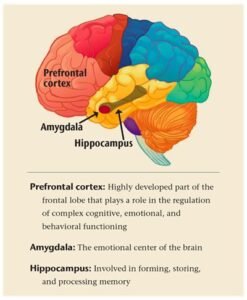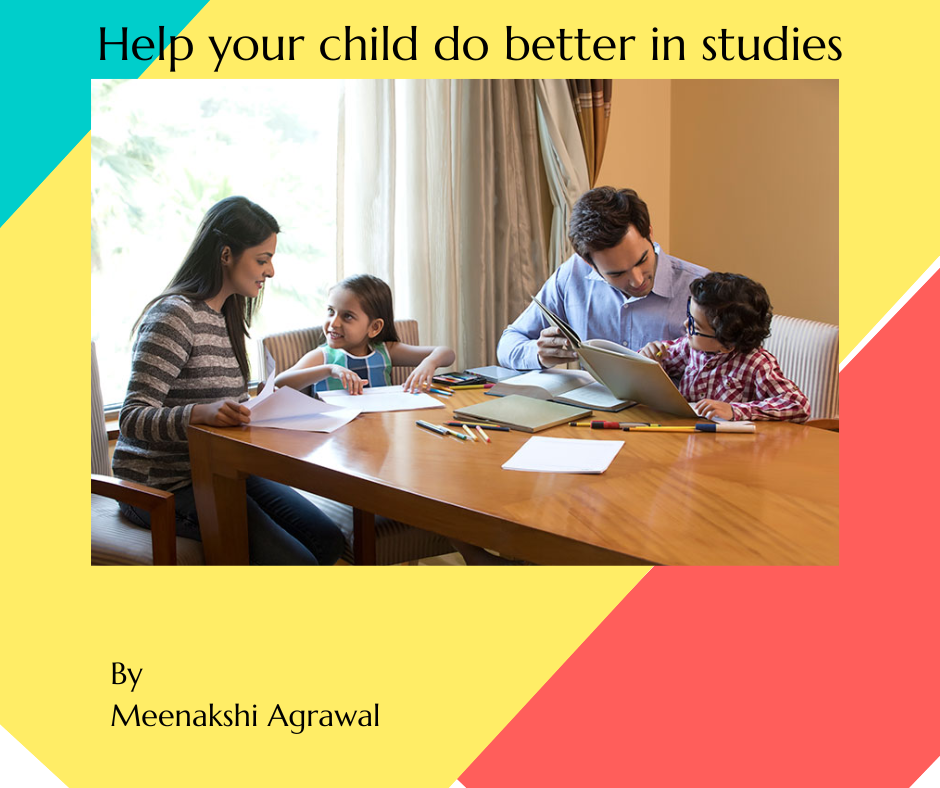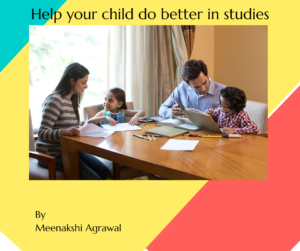As parents, we often find ourselves asking questions that seem to echo through the corridors of time:
Where is the time going?
Why are our children so busy yet not productive?
What is it that’s keeping them occupied all day?
When will they become responsible and independent?
These are the concerns that shape our parenting choices, as we try to ensure our children grow up to be successful, balanced, and content individuals.
But, when I take a moment to reflect on my own childhood, the questions become even more profound. Was I too busy back then? I remember a time when my day was filled with simple joys—playing outside with friends, spending time with family, learning new skills, and simply being in the moment. Time seemed abundant, and life was a balanced blend of studies, hobbies, and relationships. I would gaze at the stars, try to locate constellations, and engage in endless conversations with loved ones.
The Simplicity of the Past vs. the Frenzied Present
In contrast, today’s kids seem to be caught in an endless cycle of commitments—online courses, offline classes, sports, hobbies, social media, and the constant pressure to excel in everything they do. As parents, we push our children to take part in every activity that promises to enhance their future, from life skills training to tennis lessons, and summer camps to coding classes. But as we enroll them in these programs, I can’t help but wonder: Did we need all these structured courses when we were growing up?
Life skills, problem-solving, creativity—these weren’t things we learned from a textbook or from an expert. We picked them up naturally through experiences, challenges, and simply interacting with our surroundings. We didn’t need to attend a specialized workshop to figure out how to manage our time or resolve a conflict. These skills developed through the very act of living life.
So, what does this mean for the future of our children? Are we inadvertently pushing them into a future that values productivity over peace, achievement over joy? Perhaps it’s time to rethink how we approach parenting in this modern age. Instead of constantly pushing our children toward the next course or the next milestone, maybe we need to encourage them to slow down, enjoy the present, and find fulfillment in the things that truly matter—relationships, personal growth, and emotional well-being.
As parents, it’s our responsibility to guide our children toward success. But success isn’t just about acing a test or winning a competition. It’s about finding contentment, creating lasting connections, and discovering the simple joys that life offers.
In the end, maybe the greatest life skill we can teach our children is how to truly live—to embrace life as it comes, with all its ups and downs, and to cherish the moments that often go unnoticed in the rush toward the future.























